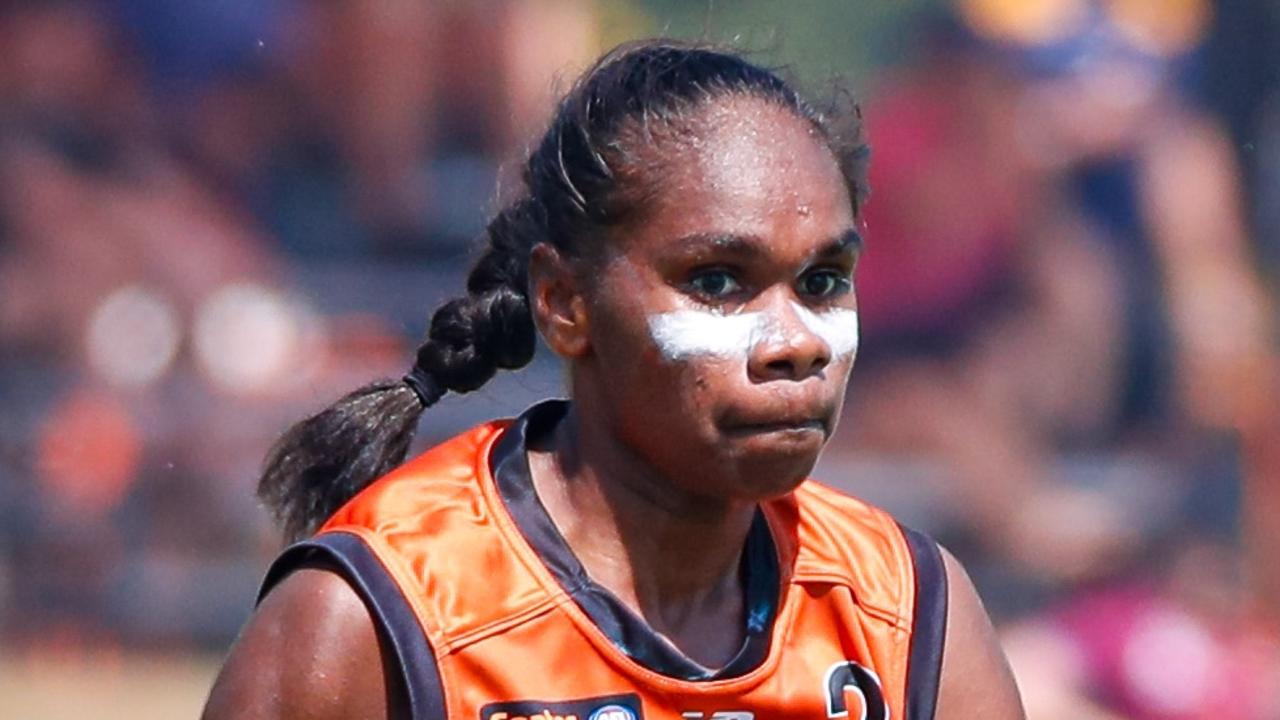NT mental health act being reviewed with majority of patients admitted under outdated laws
The NT’s Mental Health Act could be changed for the first time in 24 years following a review that is currently under way. Read what could be changed.

News
Don't miss out on the headlines from News. Followed categories will be added to My News.
Almost all patients admitted to NT mental health wards are sectioned under outdated laws, according to a review by the Territory’s Chief Psychiatrist.
NT Chief Psychiatrist David Mitchell said of 600 patients seen through Territory emergency departments in a six-month period, at least 92 per cent were admitted against their will.
That is almost double the national average according to the Australian Institute of Health and Welfare.
Dr Mitchell said the review also showed patients who were “Aboriginal, male and (had) English as a second language” were statistically more likely to be admitted on an involuntary basis.
The Territory Mental Health and Registered Services Act has not been updated for 24 years.
In 2020, the Northern Territory government began reviewing the act with health professionals and patients claiming the law was “outdated” and “improvements were needed”.
In total there were 28 recommendations, 18 for the Mental Health Act and a further 10 that would be used to develop a new Forensic Mental Health Act.
Danila Dilba Health Service and several other community providers gave written submissions to the review in 2021.
At the time, Danila Dilba’s submission said the terms “mentally disturbed” and “complex cognitive impairment” should not be used as grounds for involuntary admission.
It suggested removing the words from the act to ensure mentally unwell patients were not “detained”.
“These provisions appear to address behavioural issues of ‘abnormally aggressive behaviour’ and ‘seriously irresponsible conduct’ rather than any underling (illness) of the mind that requires treatment,” Danila Dilba’s submission reads.
“The involuntary admission of a person, which essentially serves as a method of detainment, should not be a response to violent or challenging behaviour.
“There are no other jurisdictions in Australia that allow for the involuntary admission of a person on the grounds of complex cognitive impairment.”
Dr Mitchell said amendments currently proposed to the act would repeal both definitions but the new legislation would not be released for public consultation until October 2023.
Submissions from Northern Australia Aboriginal Justice Agency, Aboriginal Medical Services Alliance NT and NT Lived Experience Network indicated restrictive practice were often used to “control behaviours” or “force compliance”.
Submissions also urged the government to engage with people who had mental illness and experience of the mental health system in reforming the laws and delivering public health services.
The NT is the only place in Australia that doesn’t have a funded lived experience coalition or commission.
Instead, a small community with experience of the Territory’s public mental health system have combined to advocate for reform and develop support programs.
As part of the group’s submission to the mental health review, they did a survey asking what restraints should be legally registered.
Nearly 73 per cent of people surveyed said the use of medication “without explanation” should be legally regulated and 62 per cent responded that when a person was given medication without their permission it should be reported.
Currently medication used to sedate patients does not need to be registered or recorded under the Territory’s mental health laws.
The NT has the oldest Mental Health Act despite other jurisdictions doing significant work to reform laws and protect the rights of the patients, including Victoria that will enact legislation to record the use of chemical restraint from September this year.
Dr Mitchell said he hoped new legislation would be passed before the “next election cycle” in 2024.
“We certainly want a new act we want the act to be more recovery focused,” Dr Mitchell said.
“We want it to be patient centred … we want it to reflect the UN Charter on the rights of the disabled person. We need a more modernised act.”
Dr Mitchell said he would propose legislation that also made “chemical restraint accountable” and its use legally reviewed by his office.
“We’re not in any way shirking away from the fact that the act is not perfect, and it needs to be reformed,” he said.
Mental Health Minister Lauren Moss said the government prioritised investment and reform in mental health and suicide prevention services in the Northern Territory.
“We are moving ahead with plans to repeal and replace the outdated Mental Health and Related Services Act 1998 with a modern legislative framework for the treatment and care of people with a mental illness,” Ms Moss said.
“We continue to consult with the community and mental health sector with the intention to introduce legislation by mid-2024.”
Almost all patients admitted to NT mental health wards are sectioned under outdated laws, according to a review by the Territory’s Chief Psychiatrist.
More Coverage
Originally published as NT mental health act being reviewed with majority of patients admitted under outdated laws




